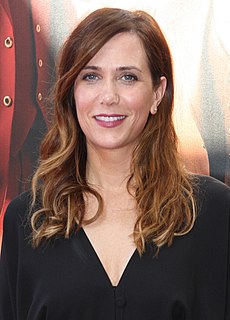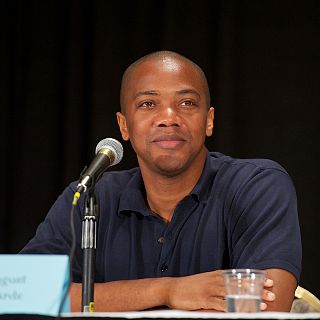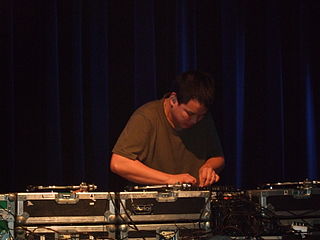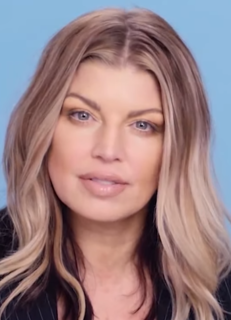A Quote by Kristen Wiig
I think it's an interesting thing to watch when a person is trying to keep it together and then ultimately when they do lose it a little bit.
Quote Topics
Related Quotes
I don't always have the time I wish I had to understand something I don't understand. So I'm trying to do a little bit less of the quick pieces and a little bit more of the "here's how the Singaporean health care system works" kind of stuff, because to be good at my job, I have to keep learning. The thing that I fear the most is becoming one of those journalists who is still trying to apply the thinking of the decade in which they started three or four decades later.
I feel like the personal me and the artistic me are separate, but connected. It's almost like a Jekyll and Hyde thing. As much as you try to keep them apart, they end up together. I'm very much aware that when I'm miserable on the creative side - if I can't make things work a certain way - it really detracts from being the father I want to be. So in order to ultimately be a good father and the man I want to be I know I need to keep my creative side in check, or at least a little bit happy. It's weird how it's intertwined that way.



































